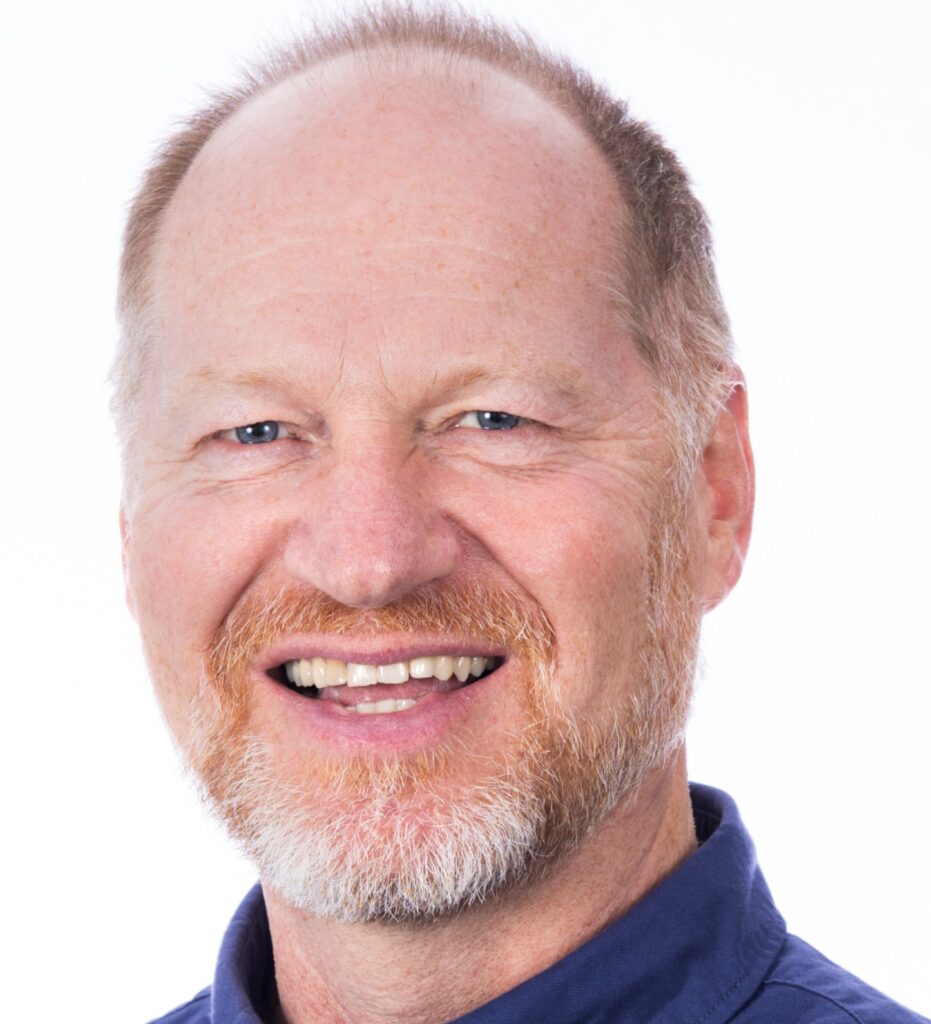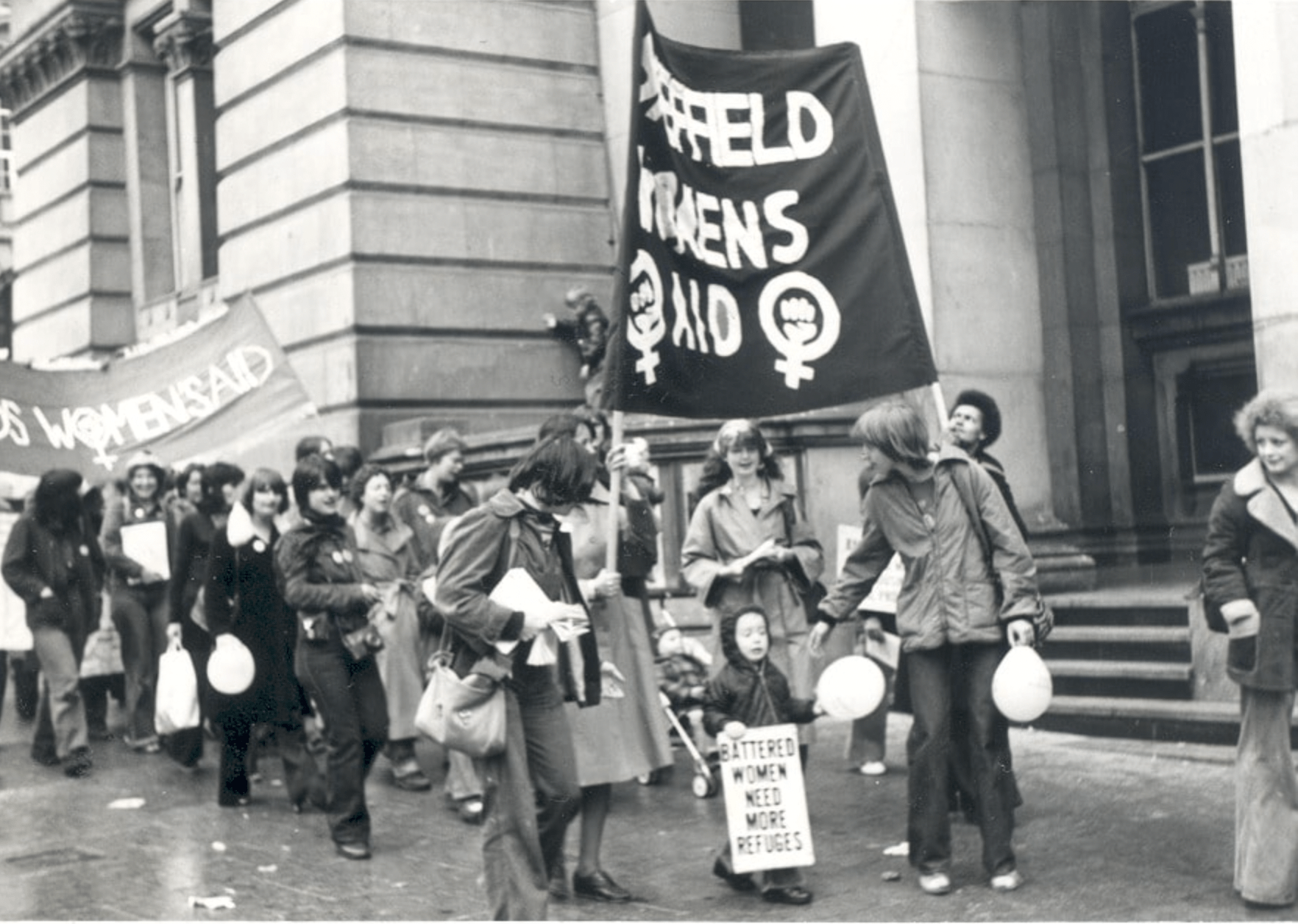An alarming official study has shown deaf people were more than 1.3 times as likely to die with Covid during the pandemic.
This figure, in a report from the Office for National Statistics (ONS), is after adjusting for other factors that could increase a person’s risk of death involving Covid such as geographical area and vaccination status.
Young people who are deaf also had a marked increase in mortality rate.
Addressing the disparity, the report says: “While no single factor explains this outstanding risk of Covid-19-related death, pre-existing conditions and hospital admissions explained a large part of the differences seen between people with a sensory impairment and people for whom no such impairment was found.”
Kevin Munro, Professor of Audiology at the University of Manchester and Director of the Manchester Centre for Audiology and Deafness, said it was likely that being deaf was linked to other risk factors such as lower socio-economic status and difficulty communicating with medical professionals, rather than being deaf had contributing directly to death involving Covid.
He said: “These are more likely to be markers of other problems, not caused by being deaf in itself. We simply don’t know what these markers are.”
The study also showed heightened mortality rates for people who are blind or both blind and deaf.
People who are deaf or have hearing loss are known to be at increased risk medically. Deafness has several well established connections to conditions such as dementia which people who are deaf or have hearing loss are more likely to develop.
Prof Munro said: “There’s also a well-known association between sensory deprivation – so a problem with your ears or your eyes – and cognitive ability and dementia.
“That’s not to say that it’s hearing loss that causes dementia. We just don’t know which one causes which, but they certainly co-occur together. So it means someone’s at high risk.”

Professor Kevin Munro, Professor of Audiology, Director of the Manchester Centre for Audiology and Deafness. Source: Prof. Kevin Munro
People who are deaf are at a higher risk of becoming socially isolated which can be due to difficulties communicating, which can lead them to develop mental health issues.
Prof Munro said: “The obvious thing we think about is people’s inability to communicate with ease at work or with friends, but it can have knock-on effects and lead to anxiety, stress, isolation, loneliness and mental health problems.”
“If you’ve got hearing loss, you’re at a higher risk of having more of these sorts of problems.”
A total of 12 million adults in the UK live with hearing loss, but the Royal National Institute for Deaf People estimates this will increase to 14.2 million with hearing loss greater than 25 decibels (dB) by 2035.
Data gathered by Prof Munro suggests the number of people with hearing loss in the UK may already be as high as approximately one in three people if people with hearing loss of 20dB are included.
While this level has been considered to be normal hearing loss related to ageing in the past, Prof Munro included these people in his study explaining: “That number has excluded the people who might have a hearing loss in only one ear. The assumption tends to be as long as one of your ears is good, you’re okay.
“But actually, if you have a problem with one of your ears, it means you immediately have problems with background noise, you probably can’t tell where sounds are coming from. If you have a problem with one ear, it’s going to affect your ability to communicate.”
Despite these issues for deaf people being well evidenced, there has been little research into what causes these patterns as funding is lacking due to a lack of comprehensive data. To address this Prof Munro suggests that better record keeping is the key to finding a solution for people with hearing loss.
He said: “I am sure it’s under-reported. If you go to see the doctor and you’ve got a hearing impairment, they’re human like you and me and they probably think that’s natural ageing and it won’t be recorded.”
To address this, Prof Munro advocates for a centralised system to ensure up-to-date information is available to researchers to apply for funding for health and social care and to have access to data for research.
Although there is appetite among audiologists in the NHS to research deafness’ connection to other illnesses, there are practical realities that present a barrier to this happening.
Prof Munro said: “They’re chasing long patient waiting lists and don’t really get the opportunity and probably research is not valued.”
To find solutions to healthcare issues such as this Prof Munro suggests that research should be embedded into the NHS as an accepted part of a professional’s workload.
“People working in the NHS can identify what the research priorities are, they see people on a Monday morning and know what the priorities are.
“They’re very motivated to find the answer to their questions. But they really don’t have much opportunity right now because of the challenges that the NHS faces.”
Raising awareness of the challenges that deaf people face in everyday life is necessary to head-off these issues, as the number of people who are deaf or live with hearing loss will continue to grow, increasing the number of people at risk.
Prof Munro said: “It’s a sort of hidden disability. Unless it happens to you, or you’re living with someone who’s got a hearing impairment, you don’t readily appreciate the impact it can have on the quality of someone’s life.
“If you want to improve quality of life, if you want to help people have independent, good quality lives, looking after or helping their hearing is going to be key to it.
“We live in a communication era. If you can’t communicate very easily, you’re put at a disadvantage from the very beginning.
“That’s only going to increase over time with a growing and ageing population.”




